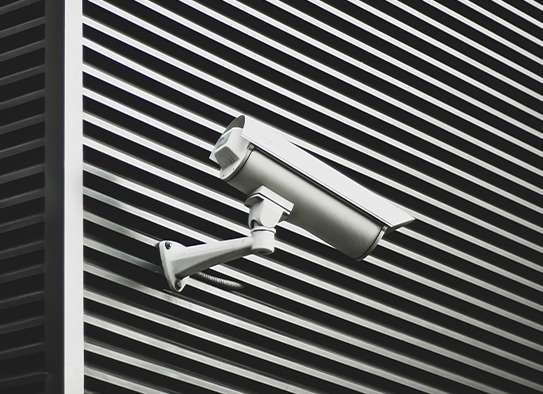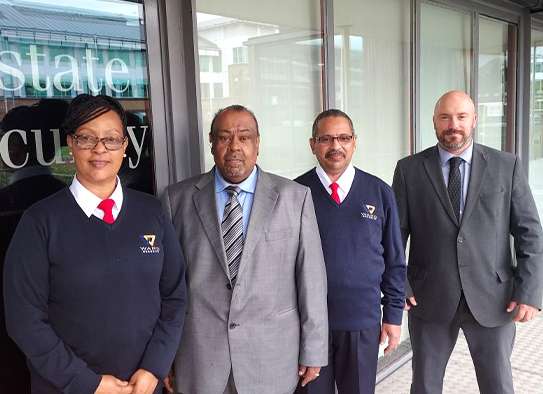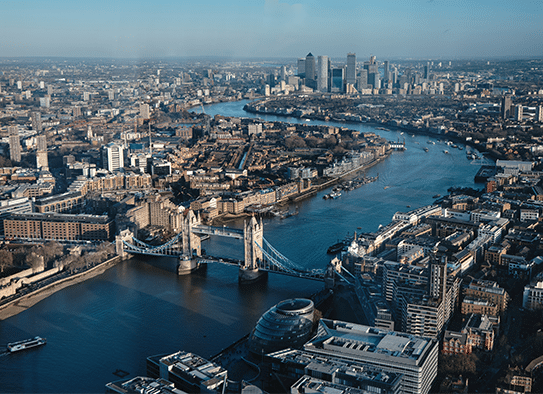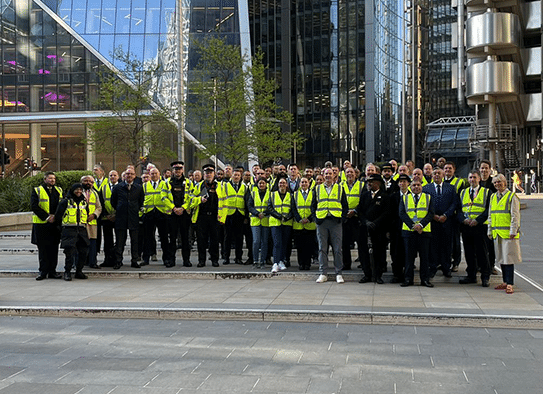Employing to strengthen counter-terrorism

This blog appeared on Infologue.com January 2017
With the news that Manchester United have appointed a counter-terrorism chief, David Ward asks the question; will we see more appointments of this kind, and how will they fit into the wider counter-terrorism landscape.
It’s perhaps understandable that Manchester United has become the first Premier League football club, and indeed the first sports club in the UK, to appoint a counter-terrorism chief. While it is easy to assume the appointment is a direct response to two high-profile security lapses last year, there is undoubtedly a more important reason.
The most famous lapse (the one that gathered the most media attention and had the biggest impact) was when the final home game of the season against Bournemouth was postponed after a suspect package was discovered at the Old Trafford stadium in the build-up to kick off. The package was eventually revealed to be a fake bomb left in a toilet cubicle following a drill, and while that in itself was a relief of sorts, it embarrassed the club and caused considerable disruption.
The lesser known lapse was when two students broke off from a stadium tour to hide undetected overnight in order to try and watch United’s game with Arsenal the next day. This last lapse had a bit more of a traditional ‘sneaking in to watch the game’ feel about it, but nevertheless exposed potentially disastrous vulnerabilities in the club’s security.
However, leaving these slip-ups aside, a venue such as Manchester United’s Old Trafford stadium presents a significant target for extremists, and one that, as last year’s lapses show, is a challenge to secure.
The club itself is hugely valuable and in January this year Deloitte announced that Manchester United is now the biggest sports club in the world. At the same time Old Trafford with its 75,643 capacity attracts a huge amount of people through the gates during a season. The club museum itself attracts some 300,000 visitors a year, and alongside Arsenal’s Emirates Stadium, Old Trafford is one of football’s biggest tourist destinations, attracting nearly 110,000 tourists a year. And we haven’t even started to factor in the number of staff, suppliers and media in attendance on a regular basis.
There are plenty of other events and venues that attract significant numbers of visitors, but few that attract so many at such a consistent level. The very nature of the stadium and its surrounding car parks and infrastructure make it hugely complicated to effectively secure, and this complication is confounded when over 50,000 people descend on matchday.
With such an ongoing challenge, appointing a counter-terrorism chief (a former inspector from Greater Manchester Police’s specialist search unit) is understandable. But can we expect to see similar appointments at other comparable sites, not only sports venues, but any site that presents a high value target; which attracts large amounts of visitors; and which is complex to secure?
It would certainly make sense. Liaising with police and other security agencies, these new appointments can help not only to ensure security at sites is adequate, but can also ensure the passage of vital information and intelligence both ways is managed and acted upon.
Similar specialist appointments would also prove an additional valuable resource for organisations such as the Cross-Sector Safety and Security Communications (CSSC) initiative, whose function it is to bring together security agencies with business and other organisations. Sports is perhaps a sector that is currently under-represented, so the more large sports clubs that invest in counter-terrorism positions, the better.
But of course it doesn’t have to be limited to sports teams. Other venues, e.g. entertainment venues, should also consider such an idea, as should some of the larger businesses in the city. Well considered appointments of people with experience in the field can only be of benefit to the wider counter-terrorism approach.











